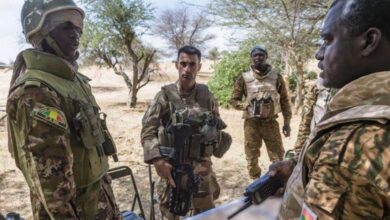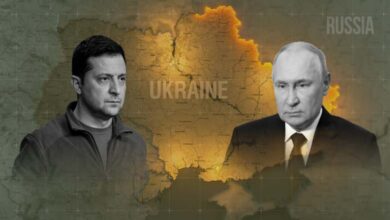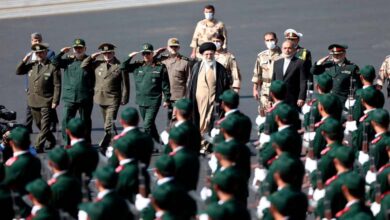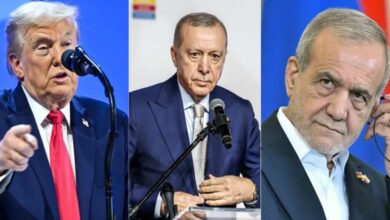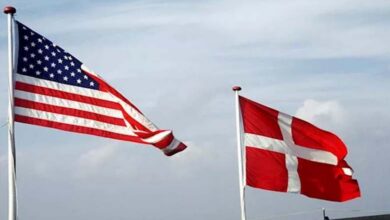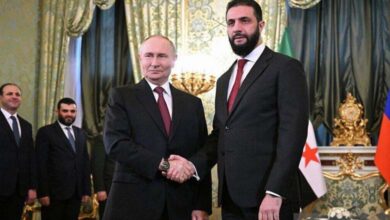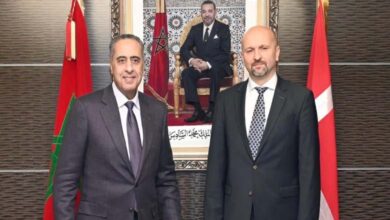Dismantling the Soft Arms: Jordanian Crackdown on Muslim Brotherhood Funding
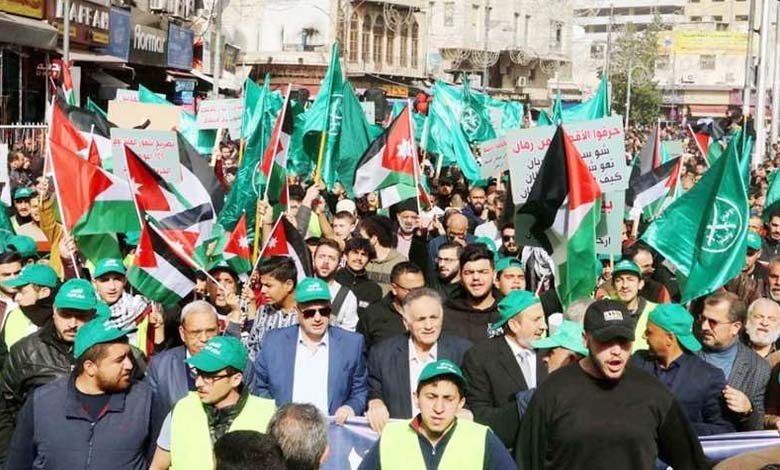
In a significant policy shift signaling new governmental priorities, Jordan has intensified oversight of activities linked to the Muslim Brotherhood. Charitable associations long serving as informal social networks for the Brotherhood are now subject to strict legal and financial scrutiny.
-
Growing Calls to Ban the Muslim Brotherhood in Jordan After Terror Cell Uncovered
-
What Future Awaits the Muslim Brotherhood in Jordan?
This is not just routine bureaucratic action—it marks a deliberate recalibration of the state-organization relationship, aiming to choke off indirect influence and unravel opaque funding structures.
Since the bolstered ban on the Brotherhood enacted in Jordan over three months ago, authorities have targeted the group’s financial network, its core source of strength. In late April, security forces arrested Ahmed Zarqan, the Brotherhood’s deputy supreme guide. Approximately two weeks ago, the State Security Prosecution summoned their supreme guide, Murad Al-Odailah—listed as a terrorist—for interrogation on financial and other sensitive matters, an unprecedented move in Jordan.
-
The Muslim Brotherhood in Jordan… From Preaching to Arms? Details of the Foiled Plot
-
Dismantling of a Terror Cell Linked to the Muslim Brotherhood in Jordan: A Strategic Opportunity to Re-highlight the Group’s Threat in the Region
Just days after Al-Odailah’s release, the head of a women and children empowerment forum—believed to be a Brotherhood front—was referred to the Public Prosecutor for legal violations, including failing to submit 2024 financial data and concealing ultimate beneficiaries. The Ministry of Social Development’s resolution committee also referred three Brotherhood-affiliated NGOs—Green Crescent, Al-‘Urwa al-Wuthqa, Sawa’id al-‘Ataa—to the Public Prosecutor for administrative breaches and illegal fundraising. The “Zohour Al-Barari” charitable society was officially dissolved by its board.
In parallel, the Ministry continues to monitor an association of businessmen linked to the Brotherhood—some with parliamentary backgrounds—and has flagged illicit fundraising in an Amman neighborhood.
-
7 Days Before the Parliamentary Elections… A Major Scandal for the Muslim Brotherhood in Jordan
-
Non-Licensed Muslim Brotherhood in Jordan Completes Formation of Its Executive Office
A longstanding network
The Brotherhood’s infiltration of Jordanian civil society is deeply entrenched. Founded in 1945 as the “Muslim Brotherhood Association,” it was exempt from the party dissolution law of the 1950s-1989, enabling it to embed itself via a network of NGOs and collect extensive funds.
A 2022 report by the Egyptian Centre for Strategic Studies estimated that Brotherhood-linked structures may have controlled billions of dollars. Their tactic involved “public preaching and secret organization,” planting cadres in NGOs under personal identities, eventually steering these institutions to serve the Brotherhood’s agenda.
-
Dismantling the Soft Arms: Jordanian Crackdown on Muslim Brotherhood Funding
-
Slanders and Lies About Jordan… What Are the Brotherhood’s Aims?
Official sources suggest involvement in over 30 charitable organizations, four institutional bodies, a sports club, and four Islamic institutes. The “Islamic Center,” founded in 1963, is the most prominent; once run by the Brotherhood until government takeover in 2006. By 2014, its assets totaled around 500 million JOD (705 million USD), funding hospitals, orphanages, schools, and kindergartens—structures used to build a loyal social base.
The Green Crescent association, founded in 1991 by Brotherhood figure Hamza Mansour, operates nine branches in major cities like Amman, Zarqa, and Irbid. Al-‘Afaf charity, formerly led by ex-MP Abd al-Latif Arbayat and now by businessman Hamdi Al-Tabaʿ, facilitates marriages, promotes family values, organizes group weddings, provides microloans alongside the Islamic Bank of Jordan, and runs family guidance programs—all advancing the Brotherhood’s messaging. Donations to these groups form their main financial backbone.
-
Aftershocks of the Jordan Earthquake Deeply Divide Lebanon’s Muslim Brotherhood
-
The Jordanian Street Rises Against the Muslim Brotherhood… New Facts Emerge About the Terrorist Cell
Academically, the Society for Islamic Studies and Research, founded in 1977, remains one of the wealthiest independent NGOs in Jordan, chaired by Hamdi Al-Tabaʿ since founder Isḥāq Farhan’s death. The Quran Preservation Association (1991) oversees 1,050 centers through 42 branches. Since 2022, the Ministry of Awqaf has imposed restrictions on its staff, generating a standoff with the Brotherhood’s leadership.
Since the 2015 ban, the Brotherhood shifted into civil society, unions, and educational sectors, focusing on charity, education, and social welfare—led by their former supreme guide Hammad Saʿid.
-
Jordanian MPs Launch a Campaign Against the Muslim Brotherhood
-
The Muslim Brotherhood (International Organization) Incites Against the Jordanian State
Legal tightening underway
Dr. Saʿud Al-Sharafat, founder of the Sharafat Centre for Studies on Globalization and Terrorism, states that these recent actions aim to meticulously track the Brotherhood’s funding and to prepare for legal proceedings, following the expanded ban in April.
He notes that “the Jordanian state is thoroughly examining the Brotherhood’s financial sources—the most opaque part of the dossier—moving forward with calm precision.” He emphasizes that authorities intend to close all gaps in monitoring the banned organization and to redefine its relationship with the licensed Islamic Action Front party, under intensified surveillance to prevent Brotherhood activities.
-
The Muslim Brotherhood Loses Ground in Jordan: Security Outpaces Politics in Dismantling the Organization
-
Jordanian Political Analyst: The State Is Determined to Dismantle the Influence of the Muslim Brotherhood and Protect National Stability


